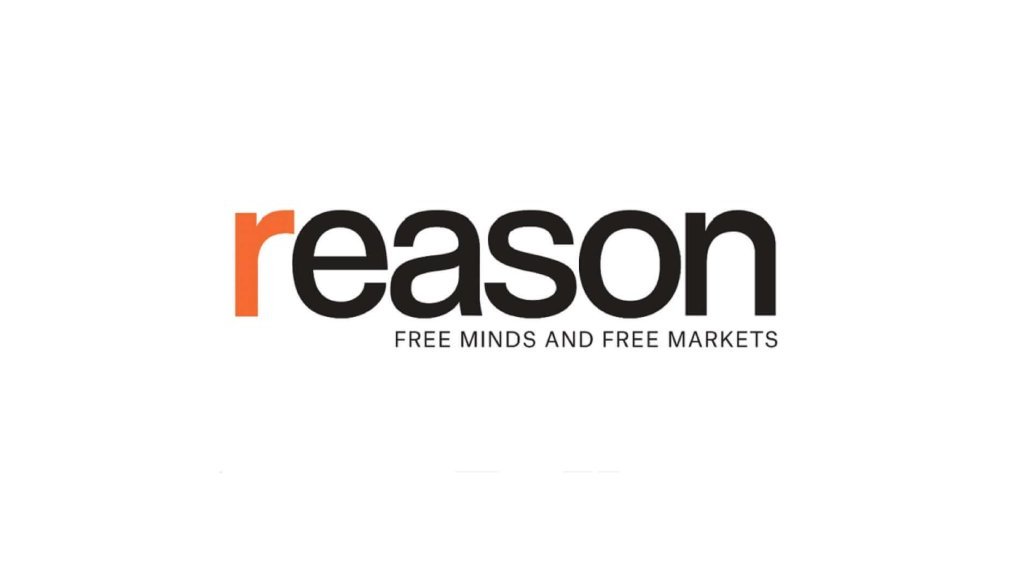The Texas Law Deans Provide A Weak Defense of the ABA’s Accreditation Role
Last week, I submitted a comment to the Supreme Court of Texas. In short, I argued that SCOTX should discount the opinions of the law school deans, as they do not represent the public interest. I’ve now reviewed the letter signed by deans from eight law schools, including my own. With respect, I did not find this letter very persuasive. Indeed, if this is the best the law deans can muster, then SCOTX should seriously reconsider what value the ABA provides. By contrast, the letter from University of Texas Dean Bobby Chesney offers a candid and realistic assessment of the costs and benefits of the ABA.
Let’s walk through the primary letter, which I suspect was drafted by Dean Leonard Baynes at the University of Houston Law Center. (As a general rule, the lead signature usually belongs to the primary mover.)
First, the letter states that the ABA provides a “baseline of educational quality that correlates with higher bar passage rates.” Baylor Law School, which signed the letter, consistently leads the state with a bar passage rate over 90%. Other schools that signed the letter routinely have a passage rate in the 70% range. Does anyone think that the ABA accreditation provides a “baseline” to determine bar passage? No. Bar passage is a combination of incoming class credentials, combined with the “secret sauce.” The ABA does require that law schools maintain a minimum level of bar passage. The Supreme Court of Texas could easily impose the same requirement.
Second, the letter contends that removing the ABA’s role would harm “the unserved and underrepresented, exac
Article from Reason.com

The Reason Magazine website is a go-to destination for libertarians seeking cogent analysis, investigative reporting, and thought-provoking commentary. Championing the principles of individual freedom, limited government, and free markets, the site offers a diverse range of articles, videos, and podcasts that challenge conventional wisdom and advocate for libertarian solutions. Whether you’re interested in politics, culture, or technology, Reason provides a unique lens that prioritizes liberty and rational discourse. It’s an essential resource for those who value critical thinking and nuanced debate in the pursuit of a freer society.



